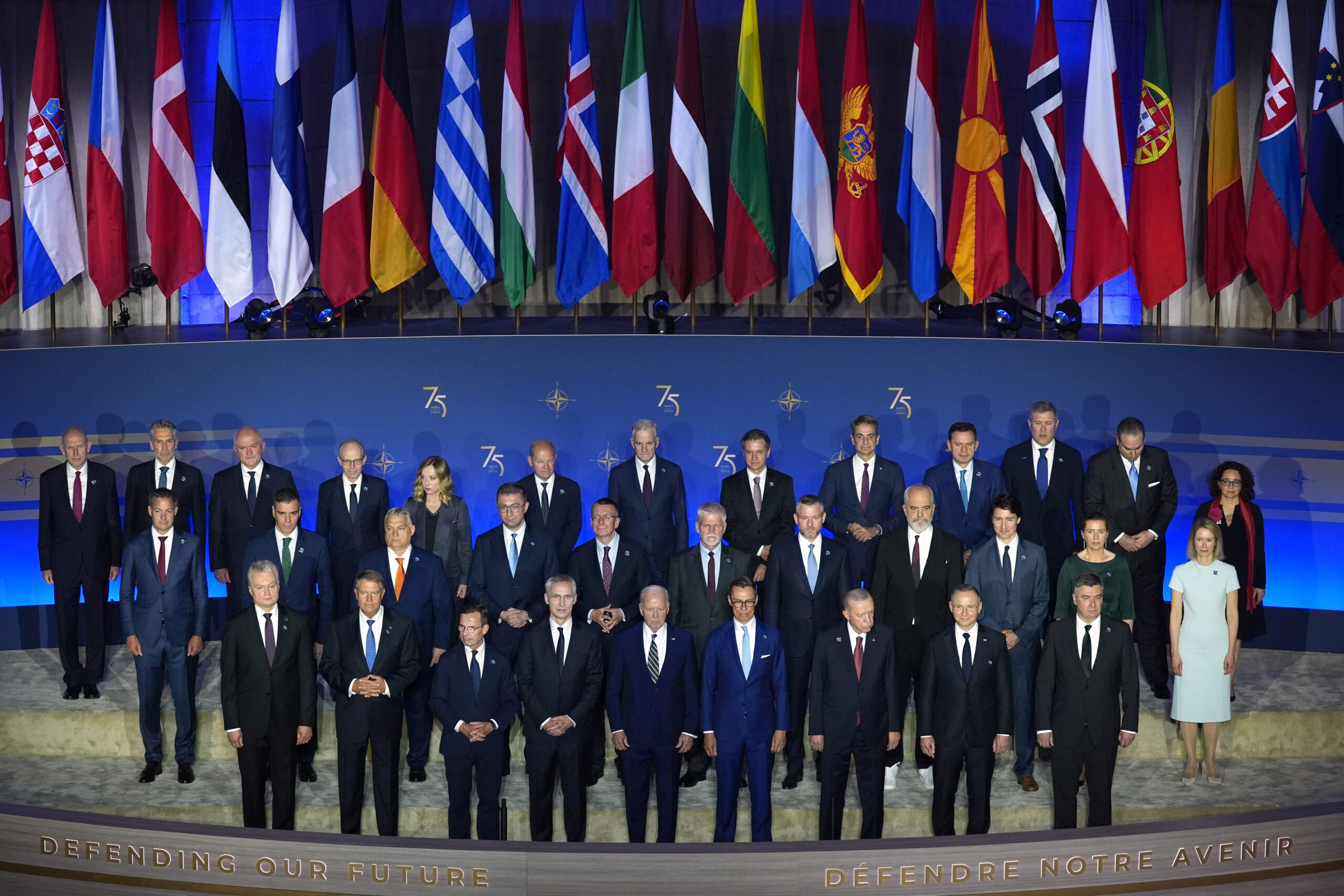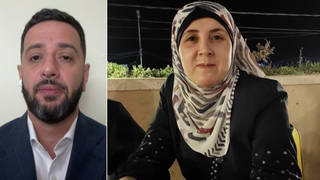The trial of Vietnamese YouTube activist Nguyen Chi Tuyen will begin on Aug. 15, a court said, five months after he was detained for what investigating prosecutors said was “propaganda against the state.”
Tuyen has been charged with “making, storing, spreading information, materials, items that contain fabricated information to cause dismay among the people” and “making, storing, spreading information, materials, items to cause psychological warfare,” according to a court document seen by Radio Free Asia.
If convicted, he faces a prison sentence of five to 12 years.
The 50-year-old has played a leading role in Hanoi’s protest movement since joining demonstrations in 2011 over the conflicting territorial claims of Vietnam and China. He is a founding member of the No-U group, which opposes the nine-dash line, which China marks on its maps to illustrate its claim over most of the South China Sea.
Tuyen has also hosted hundreds of live-streamed discussions on YouTube on various issues and his AC Media channel has 57,000 subscribers, while another one, Anh Chi Rau Den, has more than 97,000.
He was arrested on Feb. 29, but state media only reported the news a week later.
RELATED STORIES
Vietnam police confirm arrest of 2 activists
Vietnam police detain YouTube activist on anti-state charges
Facebooker arrested as Vietnam’s internet crackdown continues
A human rights worker said activists should not be prosecuted but allowed to express themselves.
“The prosecution and upcoming trial of human rights defender Nguyen Chi Tuyen under the draconian Article 117 of the Penal Code is the latest attempt by the regime to silence and jail another activist. He has repeatedly faced police intimidation, harassment, house arrest, bans on international travel, arbitrary detention and interrogations. The authorities must drop these fabricated charges against him and release him immediately and unconditionally,” Josef Benedict, CIVICUS Asia Pacific researcher told RFA..
“Instead of prosecuting activists, the government should instead implement the recent recommendations of the U.N. Human Rights Council to repeal such restrictive laws and create an enabling environment for activists and civil society.”
Tuyen has been denied family visits since his arrest. Relatives hired well-known human rights lawyer Nguyen Ha Luan to defend Tuyen. Luan told RFA he had also received notice of the trial date and Tuyen’s family said the lawyer had been meeting Tuyen at his detention center to help him prepare his defense.
Authorities have arrested seven people, including Tuyen, on charges of “conducting propaganda against the state” since the beginning of the year.
Tuyen was arrested on the same day as RFA blogger Nguyen Vu Binh. Rights groups, including the Committee to Protect Journalists, have called for their immediate release.
Translated by RFA Vietnamese. Edited by Mike Firn.
This content originally appeared on Radio Free Asia and was authored by By RFA Vietnamese.
This post was originally published on Radio Free.






